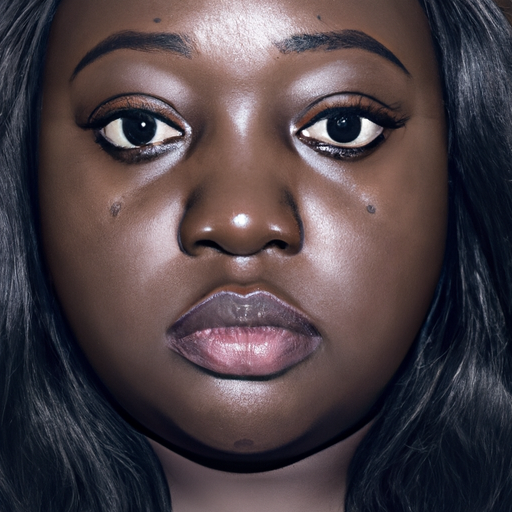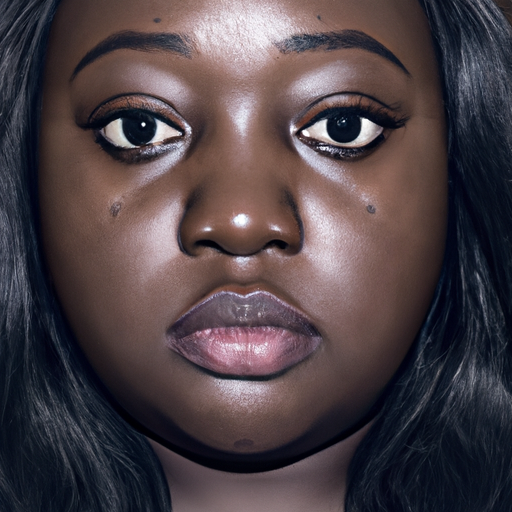Title: Unmasking Acne: Your Dermatologist’s Guide to Diagnosis and Effective Treatment Strategies
As a dermatologist, I often encounter patients who are struggling with acne, a common skin condition that affects millions of people worldwide. Acne can be a source of physical discomfort and emotional distress, impacting self-esteem and quality of life. This article aims to unmask acne, providing you with a comprehensive guide to its diagnosis and effective treatment strategies.
Acne is characterized by the appearance of pimples, blackheads, whiteheads, and cysts on the skin. It primarily affects areas of the skin with a high number of oil glands, including the face, upper part of the chest, and back. While it is most common in teenagers, acne can affect individuals of all ages.
Diagnosing acne is typically straightforward. As a dermatologist, I examine the skin for the presence of comedones (blackheads and whiteheads), red or inflamed bumps (pimples), and larger, deeper nodules or cysts. The severity of acne can range from mild (few, occasional pimples) to severe (numerous large, painful, inflamed cysts).
Understanding the causes of acne is crucial in its effective treatment. Acne occurs when hair follicles become plugged with oil and dead skin cells. Hormonal changes can trigger increased oil production, leading to acne. Other factors contributing to acne include diet, stress, and certain medications.
Now let’s delve into the effective treatment strategies for acne. The goal of acne treatment is to reduce symptoms, prevent new breakouts, and minimize scarring. Here are some of the most effective strategies:
1. Topical Treatments: These are applied directly to the skin and include ingredients like benzoyl peroxide, salicylic acid, and retinoids. They work by reducing oil production, speeding up skin cell turnover, and fighting bacterial infection.
2. Oral Medications: For moderate to severe acne, or acne that doesn’t respond to topical treatments, oral medications may be prescribed. These include antibiotics, combined oral contraceptives, and isotretinoin.
3. Medical Procedures: Dermatologists may recommend procedures such as laser therapy, chemical peels, or drainage and extraction to treat resistant or severe acne.
4. Lifestyle Changes: A balanced diet, regular exercise, adequate sleep, and stress management can all contribute to healthier skin.
5. Skincare Routine: Maintaining a consistent skincare routine is essential. This includes gentle cleansing, moisturizing, and the use of non-comedogenic (won’t clog pores) products.
Remember, each person’s skin is unique, and what works for one person may not work for another. It’s crucial to consult with a dermatologist who can provide a personalized treatment plan based on your specific needs and skin type.
In conclusion, while acne can be a challenging condition to deal with, understanding its causes and knowing the available treatment options can help manage its symptoms effectively. As a dermatologist, I am here to guide you through this journey towards clearer skin. With patience and consistency, effective acne treatment can lead to improved skin health and enhanced self-confidence.
Keywords: Dermatologist, Acne, Diagnosis, Treatment Strategies, Topical Treatments, Oral Medications, Medical Procedures, Lifestyle Changes, Skincare Routine.




